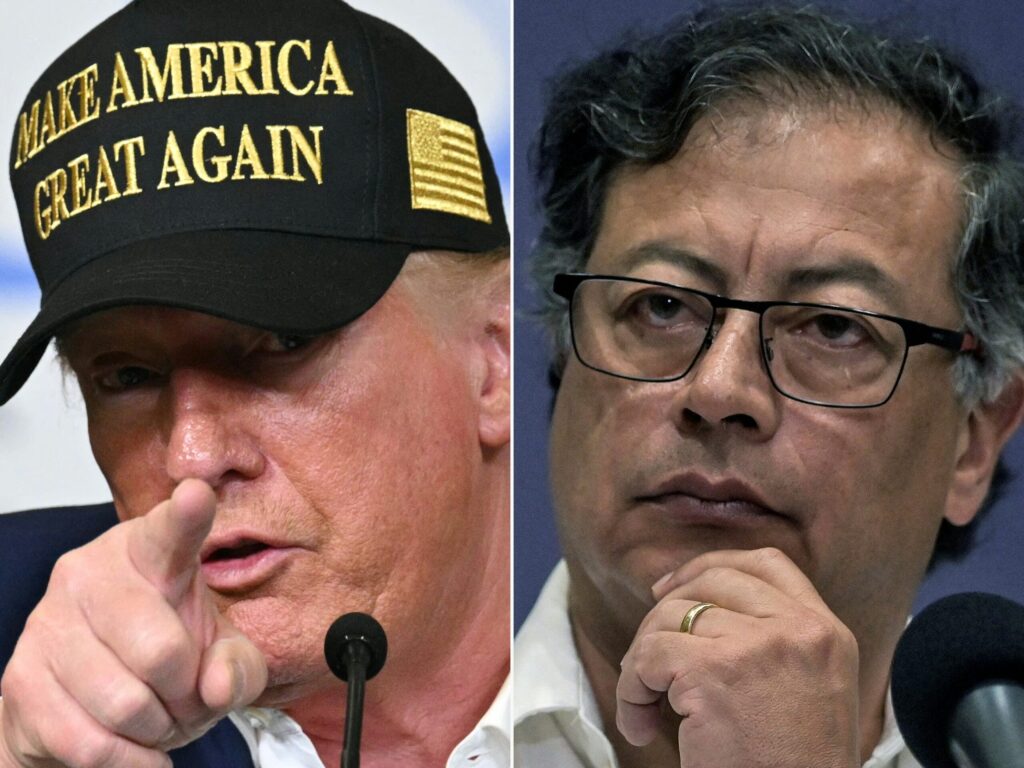Colombian President Gustavo Petro is encountering significant challenges in accessing his salary following the imposition of US sanctions, as revealed by his lawyer, Daniel Kovalik, in a statement to AFP on Thursday. The sanctions, enacted by former US President Donald Trump, target Petro, his wife, one of his sons, and the Colombian interior minister, accusing them of insufficient efforts in combating drug trafficking. These measures have resulted in the freezing of their assets in the United States and restrictions on conducting business with US-affiliated entities. Kovalik highlighted the immediate impact, stating that their credit cards and bank accounts have been frozen, making it difficult for them to receive their salaries as public officials. Additionally, a US-linked fuel company denied refueling the presidential plane in Spain. While Petro’s monthly salary remains undisclosed, Kovalik expressed optimism that negotiations or diplomatic channels could resolve the situation. He emphasized the complexity of the legal battle, noting that challenging the sanctions in US courts and before the Treasury Department would be a prolonged process. Kovalik also suggested that international bodies might intervene, though he acknowledged the US’s dominant position in such matters. He defended Petro’s innocence, asserting that the president has consistently opposed drug cartels throughout his political career. Kovalik attributed the sanctions to Petro’s resistance to US foreign policy, interpreting them as a warning to other leaders to align with US interests. He further cautioned that any entity collaborating with Petro could face similar sanctions. Kovalik’s relationship with Petro dates back to the early 2000s, during a tumultuous period in Colombia’s history, when both were vocal critics of the military’s ties to paramilitary groups.
